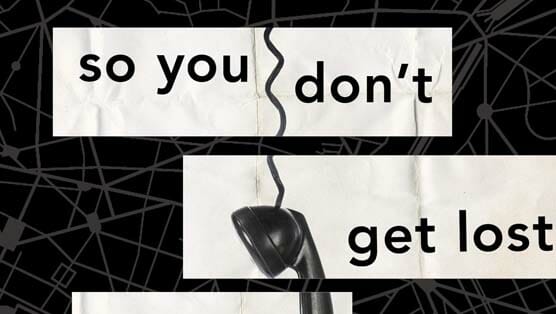So You Don’t Get Lost in the Neighborhood by Patrick Modiano
Novel Translated from French by Euan Cameron
French author Patrick Modiano won the 2014 Nobel Prize in Literature for his striking exploration of postwar Europe through a concise body of fiction. He’s stylistically a minimalist, but his work mines deep from years of experience. That’s why Modiano’s Paris-rooted fiction echoes so intensely with readers; it lives in the vague and abstract center of setting and being. At its base, his work argues that where you are from is part of who you are.
 Modiano handles the ages-old existential question—“Who am I?”—as well as anyone. So much so that history reappears around every corner, continually bumping into the now until memory looks like a road map disfigured by a cheese grater.
Modiano handles the ages-old existential question—“Who am I?”—as well as anyone. So much so that history reappears around every corner, continually bumping into the now until memory looks like a road map disfigured by a cheese grater.
“And so he had started all over again from the beginning with the painful sense that he was correcting a false start,” protagonist Jean Daragane states in Modiano’s latest novel, So You Don’t Get Lost in the Neighborhood.
Daragane lives alone, unplugged from the world and his memory of it. Then he gets involved in a stirring controversy when a con man named Gilles Ottolini finds Daragane’s address book. A particular name interests Ottolini: Guy Torstel, an old acquaintance of Daragane’s forgotten mother. Slowly, through a chronological blender, Daragane begins to remember names and places. He pushes his memory for “accurate” recollection.
“For a few minutes, [Daragane] had not recognized anything, as though he had struck with amnesia and was merely a stranger in his own town. But for him, this was of no importance.”
-

-

-

-

-

-

-

-

-

-

-

-

-

-

-

-

-

-

-

-

-

-

-

-

-

-

-

-

-

-

-

-

-

-

-

-

-

-

-

-








































